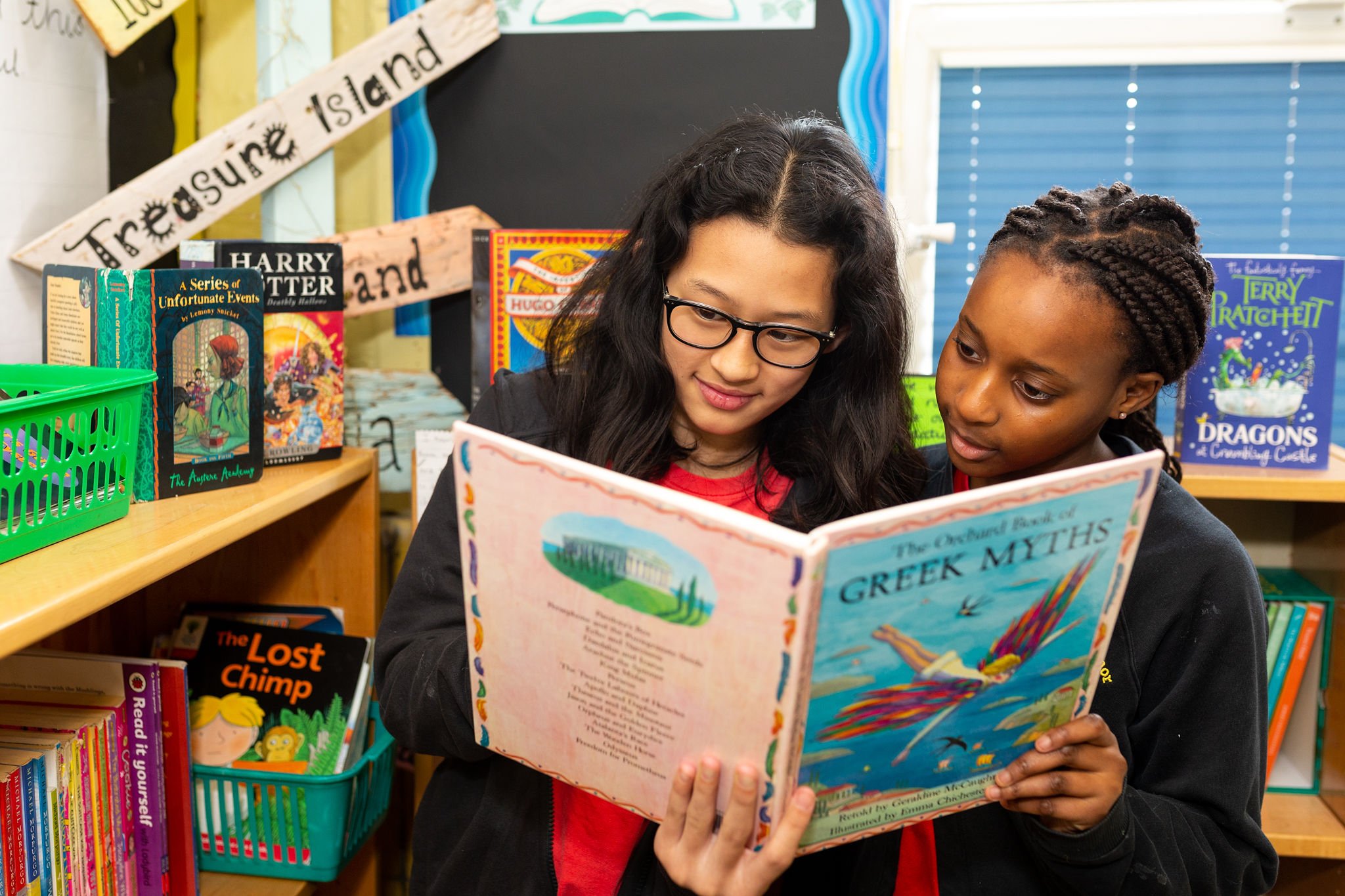
PSHE and Relationships Education
Overview
What is PSHE?
PSHE education is a planned, developmental programme of learning through which children acquire the knowledge, understanding and skills they need to manage their lives now and in the future. As part of a whole-school approach, PSHE education develops the qualities and attributes pupils to thrive as individuals, family members and members of society.
PSHE education makes a significant contribution to pupils’ spiritual, moral, social and cultural (SMSC) development, their behaviour, safety and promotes pupils’ wellbeing.
PSHE education equips pupils with the knowledge, understanding, skills and strategies required to live healthy, safe, productive, capable, responsible and balanced lives. It encourages them to be enterprising and supports them in making effective transitions, positive learning and career choices and in achieving economic wellbeing. A critical component of PSHE education is providing opportunities for children and young people to reflect on and clarify their own values and attitudes and explore the complex and sometimes conflicting range of values and attitudes they encounter now and in the future.
PSHE education contributes to personal development by helping pupils to build their confidence, resilience and self- esteem, and to identify and manage risk, make informed choices and understand what influences their decisions. It enables them to recognise, accept and shape their identities, to understand and accommodate difference and change, to manage emotions and to communicate constructively in a variety of settings. Developing an understanding of themselves, empathy and the ability to work with others will help pupils to form and maintain good relationships, develop the essential skills for future employability and better enjoy and manage their lives.
Changes to the curriculum
The Relationships Education, Relationships and Sex Education and Health Education (England) Regulations 2019, made under sections 34 and 35 of the Children and Social Work Act 2017, make Relationships Education compulsory for all pupils receiving primary education. They also make Health Education compulsory in all schools except independent schools. Parents do not have the right to withdraw their child from Relationships Education nor Health Education. At Charlton Manor, we do not teach sex education outside of the statutory teaching of human reproduction and birth covered in the science curriculum.
What is taught?
Our full curriculum for progression can be found in the curriculum handbook, pages 28 and 29. https://charltonmanorprimary.co.uk/learning/curriculum-plans
How is it taught?
PSHE is approached through discussions to find out what our pupils already know, understand, are able to do and are able to say. We introduce new and more challenging learning, while building on what has gone before, which reflects and meets the personal developmental needs of the children.
We may do this through:
Circle Time
Discussions about local and national news
Pupil Parliament class surgeries and meetings
Whole school assemblies
Stories and role play
Raising awareness about child mental health, anti- bullying and Junior Citizen events
Guest Speakers and workshops
Book focus
Cross-curricular links with Science, Computing, RE, English, Maths and History.
At Charlton Manor we offer a wide variety of teaching and learning styles within PSHE and RSE education, with an emphasis on interactive learning and the teacher as facilitator. We link the PSHE to other whole school approaches, to pastoral support, and provide a setting where the responsible choice becomes the easy choice.
British Values
At Charlton Manor, we promote the fundamental British Values as identified in section 78 of the Education Act 2002 and in accordance with the departmental advice, 2014.
These values are: democracy, the rule of law, individual liberty and mutual respect and tolerance for those with different faiths and beliefs.
As a result, pupils are expected to gain:
An understanding of how citizens can influence decision-making through the democratic process.
An appreciation that living under the rule of law protects individual citizens and is essential for their wellbeing and safety.
An understanding that there is a separation of power between the executive and the judiciary, and that while some public bodies such as the police and the army can be held to account through Parliament, others such as the courts maintain independence.
An understanding that the freedom to choose and hold other faiths and beliefs is protected in law.
An acceptance that other people having different faiths or beliefs to oneself (or having none) should be accepted and tolerated, and should not be the cause of prejudicial or discriminatory behaviour.
An understanding of the importance of identifying and combating discrimination.
Key Action Goals for 2021-22
To promote responsibility and a sense of community through pupil voice.
To support children to acknowledge, assess and begin to take control of their emotions.
Pupil Voice
We have established a new Pupil Parliament who are already developing a presence in the school community, having raised £885 towards a new minibus in Term 1 alone. Pupil Parliament meet at least twice every half term to discuss issues relevant to the school community, informed by class “surgeries” to ensure all pupils’ voices are heard in a democratic way.
Pupil Parliament Manifesto
“We promise to listen to everyone and talk about what is important to them. We want to help to make school a better place for everyone and to make and see people smile.”
(pix needed)
